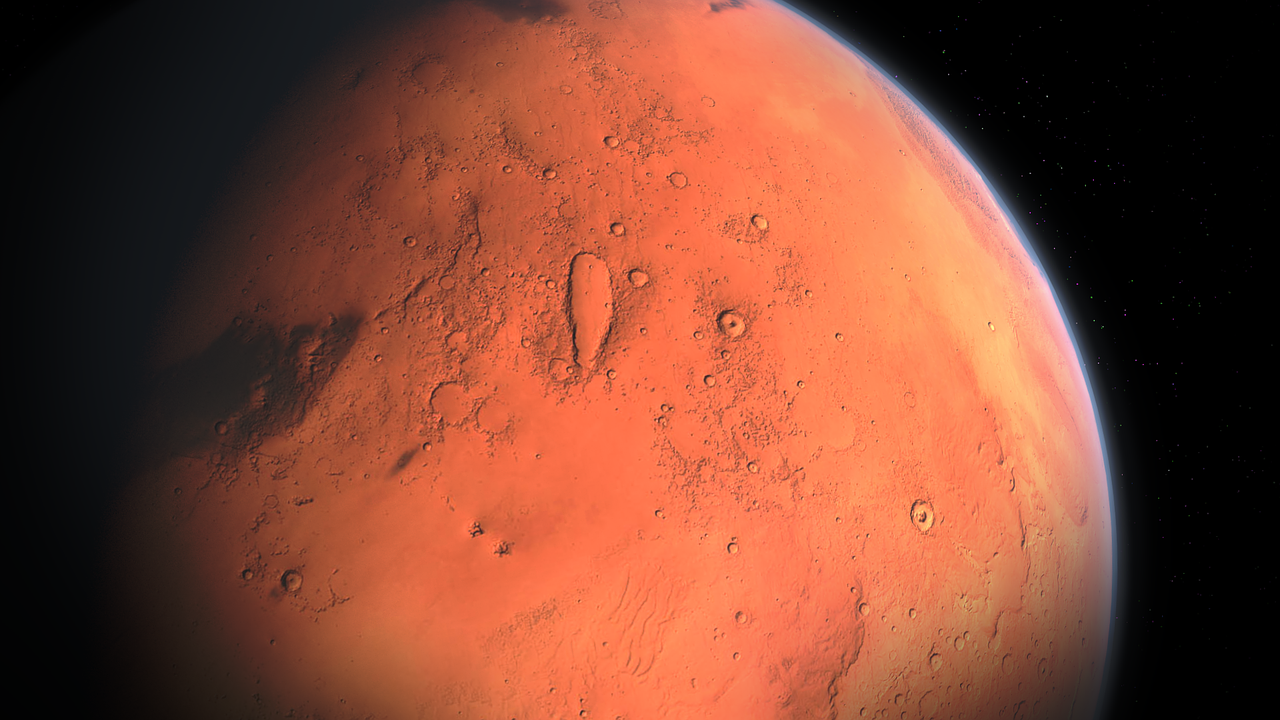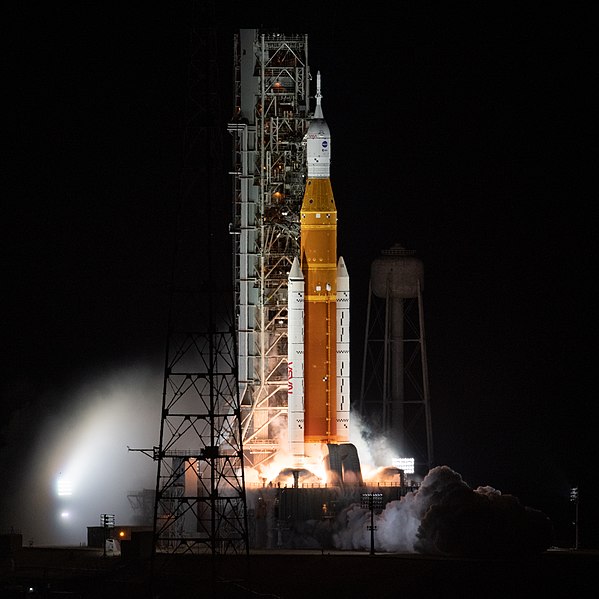NASA’s ‘Ingenuity’ is the first-ever robotic helicopter that is going to attempt flying inside the atmosphere of another planet, as part of the ‘Mars 2020’ mission. If everything goes according to the plan, ‘Ingenuity’ is going to land on Mars along with the ‘Perseverance’ rover, so here are six things to hold in your mind while experiencing the amazement of the mission.
1. This is just a hopeful experiment
As much as excited we may be with ‘Ingenuity’, it’s good to remember that this is just a demo to assess whether a small drone can fly stably enough for mapping purposes on Mars or if that’s not as attainable as we may think. No matter how many hours of work has been put into the development of the drone, nobody can be sure about its real-world abilities far away from here. That said, Ingenuity isn’t burdened with any science work at all. It’ll just perform five test flights and that’s it.
2. Flying on Mars isn’t flying on Earth
The atmosphere in Mars is a lot thinner than what we have here on Earth, so the only way to test the flight dynamics and develop Ingenuity was in computer simulations. Additionally, Mars is a very cold place, with the temperature gown down to minus 130 degrees Fahrenheit (minus 90 degrees Celsius) during the night, so this will be hard to handle.
3. Ingenuity’s “Life” depends on ‘Perseverance’
The little robotic helicopter is hiding under the belly of the Perseverance. First, a successful landing for the rover is required. Secondly, a successful unlatching and thirdly, a careful departure without stepping on it.
4. ‘Ingenuity’ will be given some autonomy
Mars is afar and so back and forth communications need much time. ‘Ingenuity’ will make some decisions by itself, relying on pre-determined and configurable parameters set by NASA’s engineers.
5. Success is a multi-step process this time
The success of the ‘Ingenuity’ robot copter on Mars is a multi-level and multi-step process, as laid out here:
- Survive the trip to Mars.
- Land safety on the surface of the planet.
- Safely unlatch from Perseverance.
- Retain the ability to stay warm enough to operate on Mars.
- Retain the ability to charge its batteries by using the integrated solar panel.
- Retain the ability to communicate through the dedicated subsystem on the Perseverance rover.







